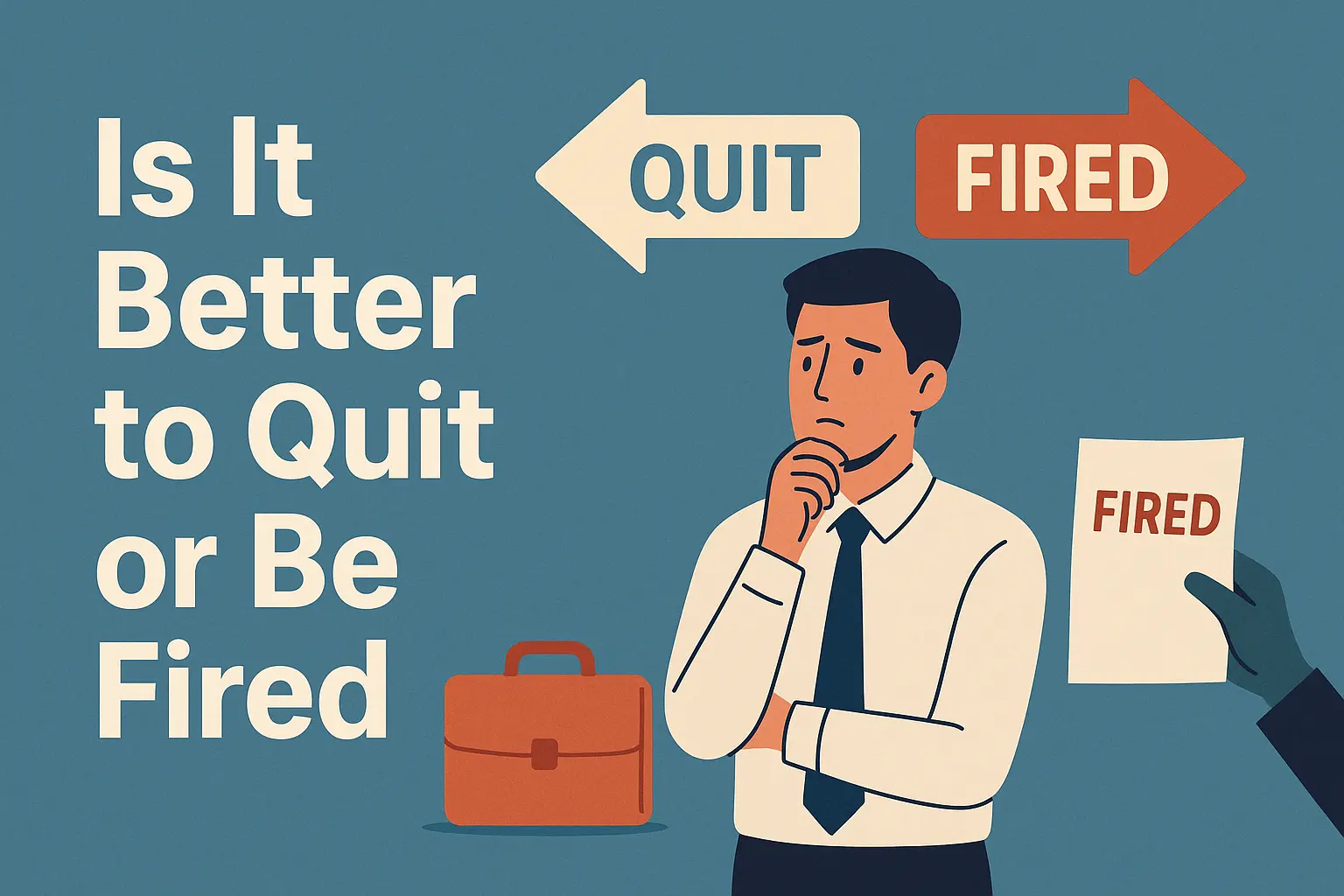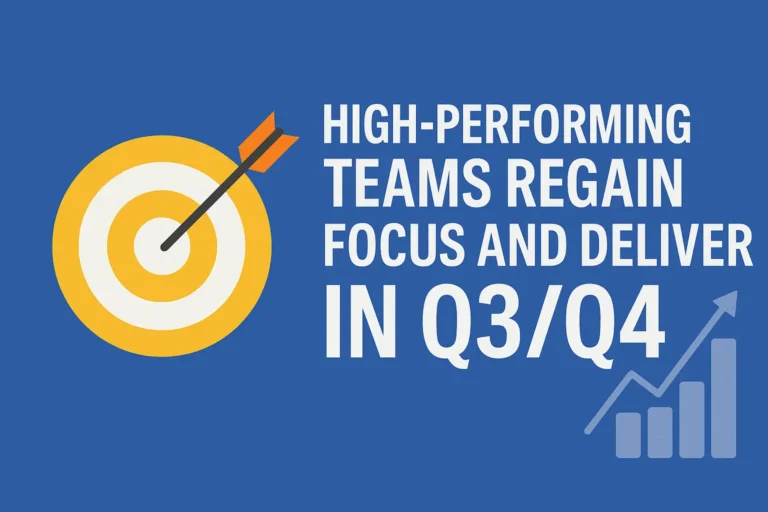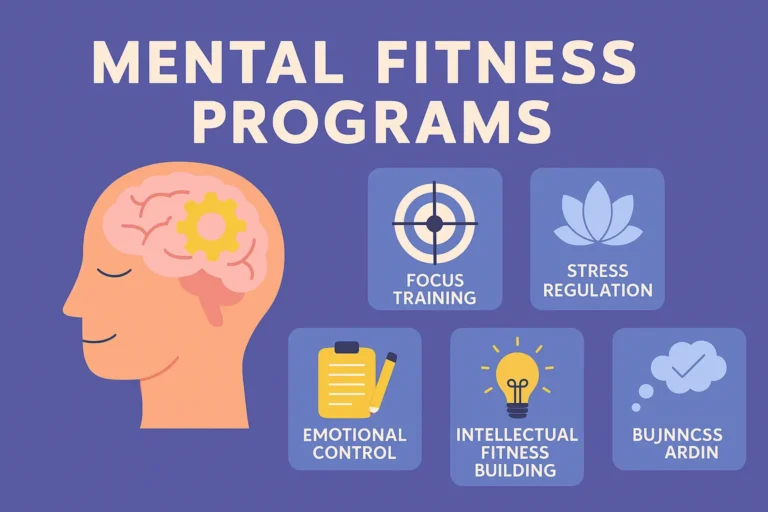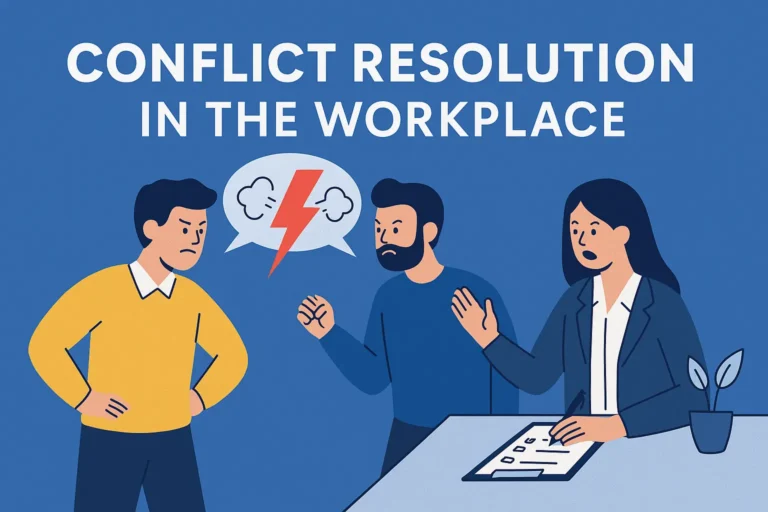Is It Better to Quit or Be Fired? Pros & Cons

Is it better to quit or be fired? That’s not just a career question—it’s a moment-of-truth decision. Things at work may feel strained, or maybe you’re one mistake away from being let go. Now you’re standing at a crossroads, and each path affects your future in a different way. Should you walk away on your terms, or hold your ground and wait for your employer to make the next move?
It’s not just about pride or pay—it’s about what follows. The choice can touch your finances, your mental health, and how your next job interview plays out. It can change what shows up on your record and how much support you get after you leave. This is where smart thinking beats fast decisions.
Let’s dig into the real-world difference between quitting and being fired—and what matters most when making the call.
|
Factor |
Quit |
Be Fired |
|---|---|---|
|
Control over story |
High – You frame the exit your way |
Lower – Depends on employer’s documentation |
|
Unemployment eligibility |
Usually not eligible |
Often eligible (unless misconduct involved) |
|
Chance of severance |
Rare, unless negotiated |
More likely, especially in layoffs |
|
Legal protection |
Weak – Harder to claim wrongful termination |
Stronger – Leaves paper trail and legal options |
|
Mental impact |
Can feel empowering, but stressful if unplanned |
Feels harsh, but may offer closure and support |
|
Future job search framing |
Easier to position as a proactive step |
Harder but manageable with honest explanation |
|
Risk to reputation |
Low – If handled professionally |
Higher – Depends on how the firing is communicated |
The Real Difference Between Quitting and Getting Fired
Quitting and getting fired both end the same way—you’re no longer at the job. But how you leave changes everything.
Quitting means you’re leaving on your own. You’re handing in a resignation, usually with some notice, and choosing your exit. It can come across as responsible and mature—especially if done professionally. But it often comes with trade-offs like losing out on unemployment support or severance pay.
Getting fired, on the other hand, is your employer ending the relationship. This can happen for poor performance, a mistake, a policy violation, or even as part of layoffs. The reason matters a lot. Being fired for misconduct hits harder than being let go during budget cuts. But in many cases, getting fired still makes you eligible for unemployment, and sometimes, legal protection too.
The key difference lies in who makes the final move—and what that decision says to the next person reading your resume.

Is It Better to Quit or Be Fired? Key Points to Consider
There’s no single right answer here. It depends on what matters more to you: reputation, financial safety, or long-term job search impact. Before making a move, take a look at the real costs and benefits of each route.
Some questions to weigh:
- Will this affect your ability to collect unemployment?
- How will you explain the exit during future job interviews?
- Are you risking legal issues or missing out on severance?
- How is your mental health holding up?
Let’s go over a few of the most important factors one by one.
1. Control Over the Narrative
When you resign, you control the story. You choose the timing. You decide how to word your exit during future interviews. Hiring managers rarely push back when someone says they left to find better fit, more growth, or a healthier environment. That control is powerful.
But if you’re fired, the story isn’t yours to write first. You have to react to the version your employer gives. If it’s a fair reason and easy to explain, you can still recover. But if there’s tension, conflict, or a paper trail that hurts your record, that narrative might stick.
So quitting gives you a cleaner exit—but only when it’s done strategically.
2. Unemployment Benefits
This one’s simple but huge. In most places, you don’t get unemployment benefits if you quit—unless you can prove you had just cause (like unsafe conditions or harassment). Even then, it’s not guaranteed.
If you’re fired, though—especially without serious misconduct—you likely qualify. These benefits can help you stay afloat while searching for the next opportunity. That safety net alone makes getting fired the smarter choice for some.
So ask yourself: if you quit, do you have the financial buffer to handle it? If not, holding out might protect more than just pride.
3. Legal or Disciplinary Issues
Quitting can sometimes feel like the cleaner exit, especially if things are heating up at work. But here’s the catch: when you resign, you lose protection that might’ve helped you later.
For example, if you believe you’re being treated unfairly, pushed out, or retaliated against, quitting can weaken any case you might have. By walking away, you’re essentially saying, “I left voluntarily”—even if things were rough. That can make it harder to prove wrongful termination or discrimination down the road.
Getting fired—especially when documented reasons are weak or inconsistent—can keep doors open for legal recourse. So if there’s even a hint of conflict involving HR, policies, or shady practices, it’s often better not to jump first.
4. Emotional Impact
This part hits differently for everyone. For some, quitting gives peace. It feels empowering. You take control, walk out with your head high, and avoid the embarrassment of being let go.
But for others, the emotional cost of quitting can sting—especially if you’re walking away from something you once valued. And if you don’t have a plan, the stress might follow you home fast.
Getting fired can feel heavier at first—there’s no way around it. But it can also give closure. You know it’s done. You didn’t have to walk away or guess when to leave. That clarity can actually make healing easier in the long run.
Ask yourself honestly: what’s going to help you sleep better—leaving on your own or letting things run their course?
5. Future Job Search
This is one of the biggest fears: What will the next employer think?
Here’s the reality. Most recruiters and hiring managers care more about how you explain your exit than the actual label of “quit” or “fired.”
Quitting allows you to say, “I chose to leave for better opportunities,” which sounds clean. But don’t assume getting fired ruins your chances. If you were let go for a clear reason—and you own it with honesty and growth—it won’t be a dealbreaker.
Just avoid blaming, making excuses, or lying. A calm, direct answer like, “It wasn’t the right fit, and I learned a lot about where I thrive,” works far better than a polished but vague story.
6. Severance Pay
Here’s something that gets missed: you often lose your shot at severance by quitting.
Companies may offer severance packages when they fire or lay off employees. That’s money, benefits, or continued support that can carry you while you plan your next step. But when you resign, those offers usually vanish.
Of course, not every job comes with severance, and there’s no legal rule that forces companies to offer it. But when it’s on the table, staying through the end—even if it’s uncomfortable—could be worth more than a quick escape.
So if you suspect a layoff is coming, or things are heading in that direction, it might be smarter to wait and see what your employer offers before making your move.

When Resigning Makes More Sense
There are times when walking away just feels right. And not because you’re giving up—but because you’re choosing peace, privacy, and professionalism over dragging things out. Resigning makes more sense when staying longer does more harm than good—either to your well-being or your reputation.
This isn’t about running from a tough moment. It’s about choosing the cleaner exit when the writing’s already on the wall. Let’s look at a few situations where stepping down beats sticking around.
Avoiding Confrontation
Some workplace tensions just aren’t worth fighting. Maybe the relationship with your manager is strained. Maybe you’re being set up to fail slowly. Or the environment is turning passive-aggressive by the day. You see it, feel it, and know what’s coming.
In these cases, resigning early helps you skip the drama. You walk out before things explode, avoiding uncomfortable meetings, public tension, or being singled out. It’s a quiet, firm way to say, “I’ve had enough”—without getting pulled into conflict you didn’t start.
Of course, it still requires care. Keep your exit calm and respectful. Don’t unload your frustration on the way out. But leaving before the confrontation gets ugly often protects more than just your dignity—it protects your peace.
Protecting Personal Brand
You’ve worked hard to build a name for yourself. People know your work ethic. Your resume shows stability. Your references speak highly of you. So if things at your current job are going south—and the damage might land on your reputation—it’s smarter to exit before that fallout touches your record.
Quitting before problems escalate shows you can make tough decisions without burning bridges. It also helps you frame your story to future employers from a place of strength: “I decided it was time for a better fit,” instead of “I was let go after things broke down.”
In fast-moving industries or tight-knit fields, word spreads. Protecting your personal brand sometimes means stepping away early so that your name stays tied to results—not to rumors.
Leaving on Your Own Terms
There’s power in saying “I’m done” before someone else says it for you. Quitting lets you manage the exit. You choose the timing, the message, and the final impression you leave.
This might matter more than you think. People remember how you leave. A thoughtful resignation can leave doors open later, especially if the company isn’t toxic—just no longer right for you.
Leaving on your own terms also gives you time to prepare mentally, organize finances, and say goodbye professionally. It’s not just about avoiding getting fired—it’s about leaving the right way, on a timeline that fits your life, not theirs.
Expert Tips
56% of hiring managers said being fired isn’t a dealbreaker if it’s explained honestly
When Getting Fired Might Be the Smarter Move
Quitting might feel like the stronger move, but sometimes, letting yourself get fired is the more strategic one. It’s not about being passive—it’s about knowing what protections and benefits you’ll lose by stepping away too early.
If the job has already hit a point where recovery seems unlikely, it can be smarter to stop trying to exit quietly and instead let the company make the call. This choice might not feel great in the moment, but it can make a real difference in how you’re supported once you’re out.
Here’s where getting fired might actually work in your favor.
Preserving Unemployment Eligibility
This one’s big. If you quit, you often can’t collect unemployment benefits. The system sees quitting as a personal choice—not something that needs financial support. And proving you had no other option takes effort—and a lot of paperwork.
Getting fired changes that. Unless you’re being let go for gross misconduct (something like theft or violence), you usually still qualify for unemployment. That means you get financial breathing room while figuring out what’s next.
For many people, that alone is worth waiting it out.
Letting the Employer Make the Final Decision
Sometimes it’s better to let the decision come from them. That way, you’re not stepping away from support, severance, or the option to appeal an unfair decision. You’re also giving yourself time to document what’s happening—just in case anything needs to be challenged later.
When you quit, you end the conversation. When you’re fired, you can respond with facts and records. You can ask for the reason in writing. You can push back if the explanation doesn’t match the truth. That’s leverage you don’t get when you resign.
It also takes pressure off your shoulders. Instead of stressing over how and when to quit, you wait—prepared and calm—until the company moves.

Legal Protection in Case of Unfair Dismissal
If there’s any chance your firing isn’t fair—discrimination, retaliation, or sudden termination without valid reason—getting fired may actually protect your rights. You can’t claim wrongful termination if you resigned. Even if it felt forced, quitting weakens the legal ground.
But getting fired creates a record. It allows you to file a complaint, get legal advice, or even pursue a case if things went too far. You’ve got proof of the action, and possibly documentation of what led up to it.
So in situations where something shady is happening—or where policies aren’t being followed—it can be smarter to hold your ground and let the process unfold. You may not like how it ends, but at least you’ll have the facts, support, and options you need.
Can You Ask to Be Laid Off Instead?
In some situations, quitting or waiting to be fired aren’t your only two options. You can ask to be laid off. It might sound bold, but depending on how things are unfolding, it could be the most respectful middle ground.
A layoff usually happens when the company can no longer support a role—due to budget cuts, restructuring, or downsizing. If your position is no longer needed, or your workload has slowed down, it’s fair to ask if a layoff could be considered.
Why does it matter? Being laid off carries less stigma. It also often comes with:
- Severance pay
- Continued benefits for a period
- Clear eligibility for unemployment
Just don’t assume you’re owed a layoff. It depends on the company’s current situation, HR policies, and how you frame the request. Be professional. Keep the tone neutral. You’re not asking for a handout—you’re opening a conversation.
How to Handle Exit Conversations With Confidence
When it’s time to talk about leaving—no matter how—it’s important to stay calm and prepared. You don’t want to ramble, over-explain, or come off emotional. This moment shapes how you’re remembered, and possibly, what support you walk away with.
Here’s how to handle it well:
- Keep it direct. Say what you need without dragging it out.
- Stay respectful. Even if things were tough, don’t unload your frustration.
- Have a short statement ready. For resignations: “After thinking it through, I’ve decided it’s time for me to move on.”
- If you’re being let go, ask for clarity. Get the reason in writing if possible.
- Ask about final pay, benefits, and references. This isn’t just about closure—it’s about being practical.
No matter how you leave, keep your posture professional. People talk. The way you exit now might shape the doors that open later.
Final Word: Resign or Be Fired? Think Long-Term, Not Just Short-Term
Deciding between quitting or being fired isn’t just a personal dilemma—it’s a career decision with long-lasting effects. Each path comes with trade-offs, and neither is one-size-fits-all. Quitting might feel cleaner, but it can cut you off from unemployment support or legal options. Getting fired may sting your ego, but it could protect your finances, open doors for assistance, and allow a more honest exit if the environment wasn’t right.
The real answer comes down to your priorities. Do you need financial support after leaving? Do you want full control over how you tell your story in the next interview? Or is protecting your personal brand more important than what benefits you walk away with?
Don’t rush the decision. Think beyond the next two weeks and ask yourself: Which option protects me five months from now?

About the Author
Jonathan Savage is a leadership strategist who helps teams boost performance through clarity and structure. At SmartSuccessGuide.com, he shares proven frameworks for building focused, high-performing teams that deliver real results.






